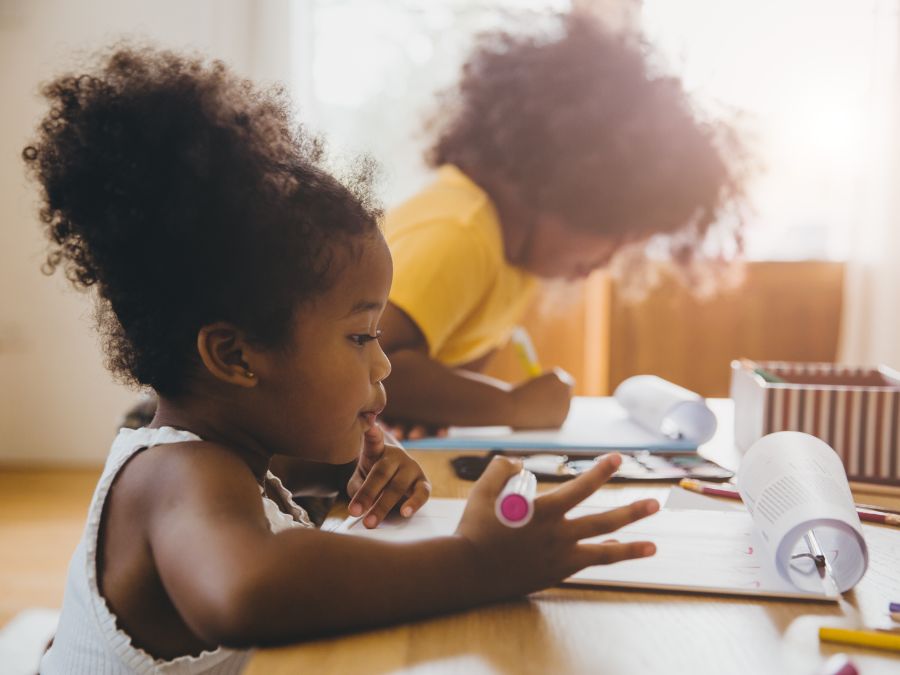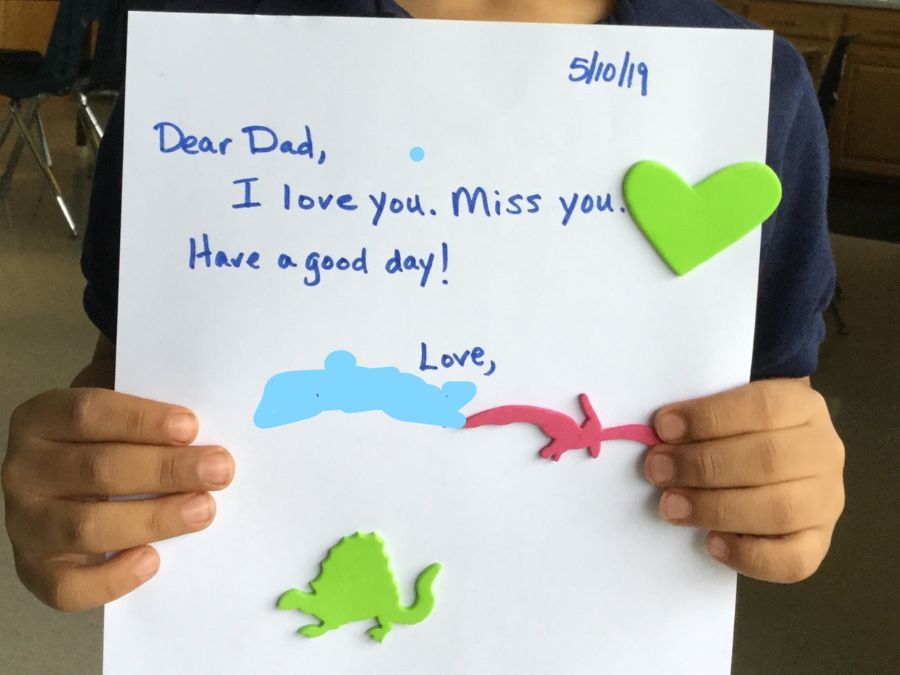
This has been quite a week, and we are now facing major disruptions in our own family lives. There is no doubt that the events of this winter and spring will be memorable for children. In that spirit, here are a few ideas to help make those memories (at least somewhat) happy.
Addressing Children’s Fears
Parents can do a lot to answer children’s fears. Here are the facts as we know them: although COVID-19 is certainly frightening, it is very unusual for children or otherwise healthy parents under 60 to become very sick. Therefore, you can honestly answer your children’s fears by saying that you’re not worried about them or yourselves. This is especially important because public health experts predict most of us will be infected before the pandemic is over—but the vast majority of people will have only a mild illness. Should the day come when you or your children are infected with COVID-19, they will be prepared and less frightened.
Sometimes, children may worry but don’t know how to bring up the topic. Starting the conversation with simple, open-ended questions: “What have you heard about Coronavirus?” “What are you most worried about?” will help key into your child’s thought and concerns.
Activities with your Child
There is no need to stay inside for the duration of any school cancellations. Here are a few ideas (of course, use your best judgment to ensure your activities are in keeping with public health recommendations in your community): get out in nature if you are able to. Take walks, runs, or bike rides. Play catch.
As far as indoor activities, drawing, painting, playing with clay, reading, and board games all come to mind. If your children are out of school with homework assignments, make sure they have time set aside to work on these. Additionally, it can be quite comforting for parents or grandparents to recall other difficult times, as well as how they passed the time when normal activities were disrupted.
Connecting with family
Older relatives may feel particularly isolated, as they are more vulnerable to this infection. Have your kids send them cards, pictures, or other projects that they can display in their rooms—or even bake cookies if you live close by. Depending on the circumstances in which they live, social distancing recommendations in your community, and your health and your children’s health, it may not be possible to visit in-person, but we can still reach out to each other in creative ways. Children who help their elders realize how much they matter in the world.
Balancing Parenting and Work
Many parents are facing great difficulties with managing their work responsibilities and children who are now suddenly at home without school or childcare. While gathering in crowds is not a good idea, it may be helpful to arrange, with friends or family members, for healthy children to play together, freeing up some adults for other responsibilities.
Some parents are particularly vulnerable to these recent personal and professional disruptions. It is time for us to raise our voices to protect children who will be particularly affected. Working within our communities and with government authorities, here are a few urgent needs for our children:
- Many families will need food assistance. Over 20 million US children receive free meals at school. When schools close, not only will they miss out on education, but many will also be hungry. In some states hard hit by COVID19, schools will provide meals for schoolchildren to take home. Find out if this is happening in your community.
- Parents who are hourly workers or work in the gig economy are particularly vulnerable to downturns in business. It is still early days, but this may be a time to organize coalitions and suggest policies to protect children and families from eviction and other disastrous consequences.
- Many of us rely on our social networks for psychological support. Reaching out to isolated parents (this could be most of us!) can be the key to us all emerging undamaged.
Please use the “Contact Us” page to offer other suggestions. With some creativity, most of us can create positive memories from this incredibly disruptive time. Imagine your children telling their children and grandchildren about the great virus of 2020—and how their family weathered the crisis together.
By the way, there are so many more resources out now to help you talk with kids about COVID-19. Anyone who wants more tips, suggestions, and information can look at the wonderful compendium created by NEERI (National Institute for Early Education Research at Rutgers University: http://nieer.org/covid-19_resources. Prevent Child Abuse America has also created a fantastic page of resources related to coronavirus, with information for parents, children, communities, schools, and businesses: https://preventchildabuse.org/coronavirus-resources/.


